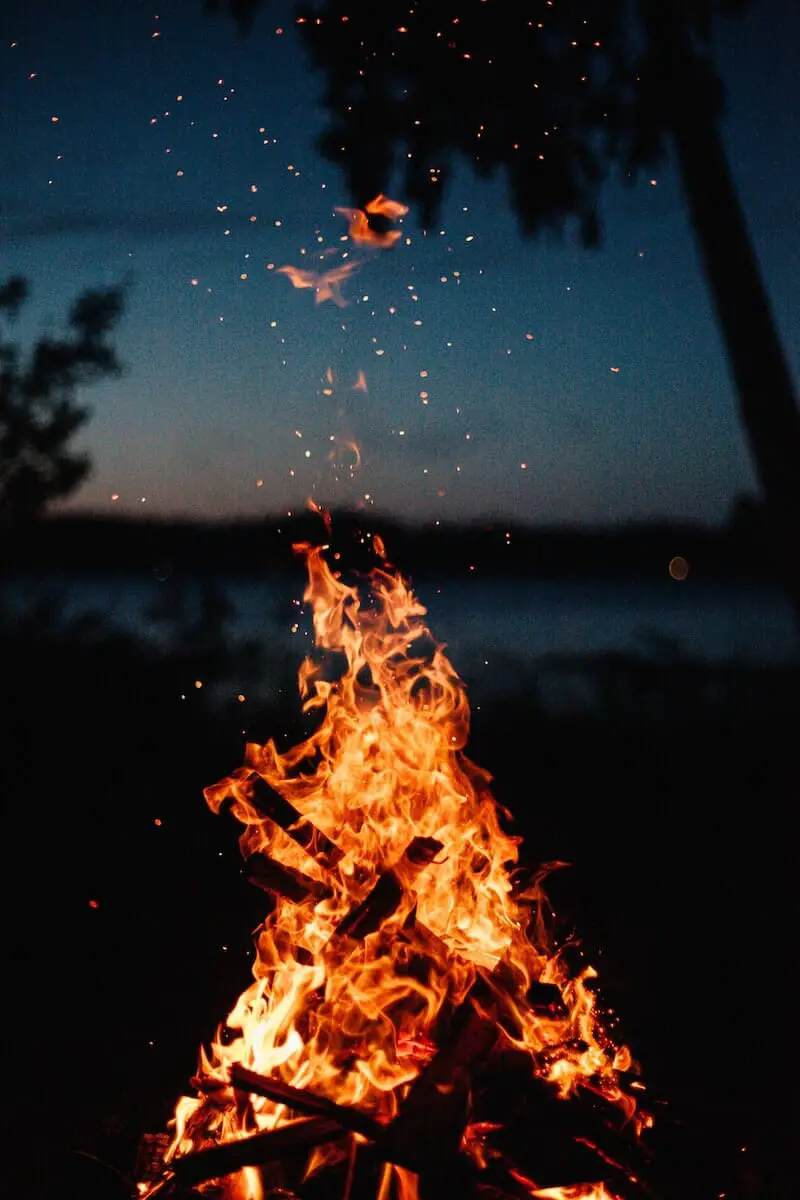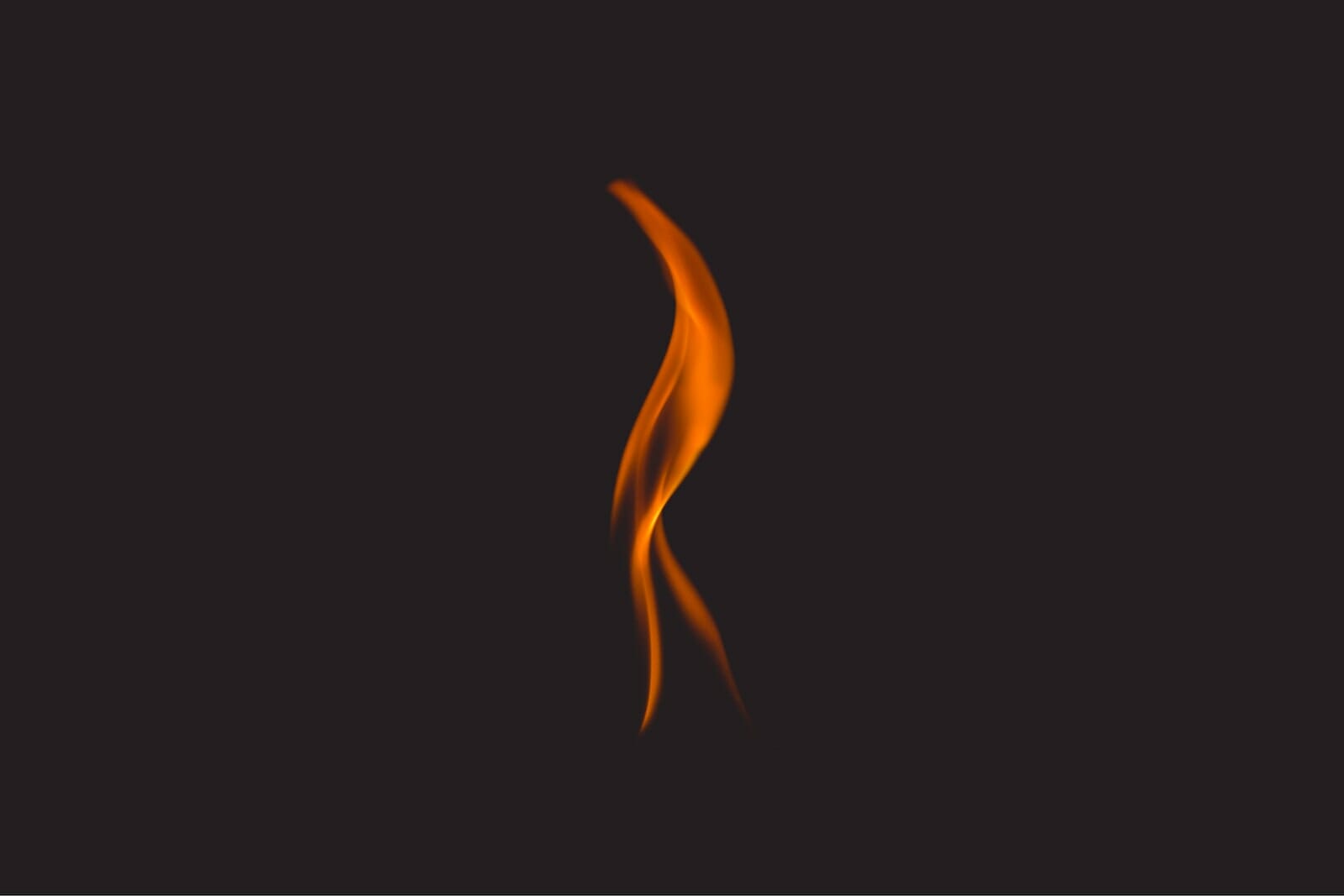Most people think that fire and flame are the same things, but what they don’t know is that they’re not. This article will discuss the difference between them so you can use them properly.
Contents
- What is a Fire?
- What is a Flame?
- 11 Differences Between Fire and Flame
- 1. Origin of fire and flame
- 2. Kinds of flame
- 3. Causes of fire and flame
- 4. Color of fire and flame
- 5. Temperature of fire and flame
- 6. Outcomes of fire and flame
- 7. Difference in ignition sources
- 8. Morphology of fire and flame
- 9. Heat produced by fire and flame
- 10. Placement and use
- 11. Use of fire and flame
- Conclusion
What is a Fire?
A fire is a controlled burn. It is the process of igniting a material and then maintaining the flame or heat source to keep the reaction going. The purpose of a fire can be for warmth, to produce light, to cook food, or to create smoke for signaling purposes.
What is a Flame?
A flame is the visible part of the fire. It is the part burning and what you see when you look at a candle or campfire. The flame is not hot, but the gases that make up it is very hot. A flame is an illumination that emanates from or is emitted by something. Flames are produced at the end of a burning (or heating) process.
11 Differences Between Fire and Flame
1. Origin of fire and flame
Fire originates from heat energy, while flame is a phenomenon that appears when something burns. Thus, even though fire can exist without flames, conversely, flame cannot exist without fire.
2. Kinds of flame
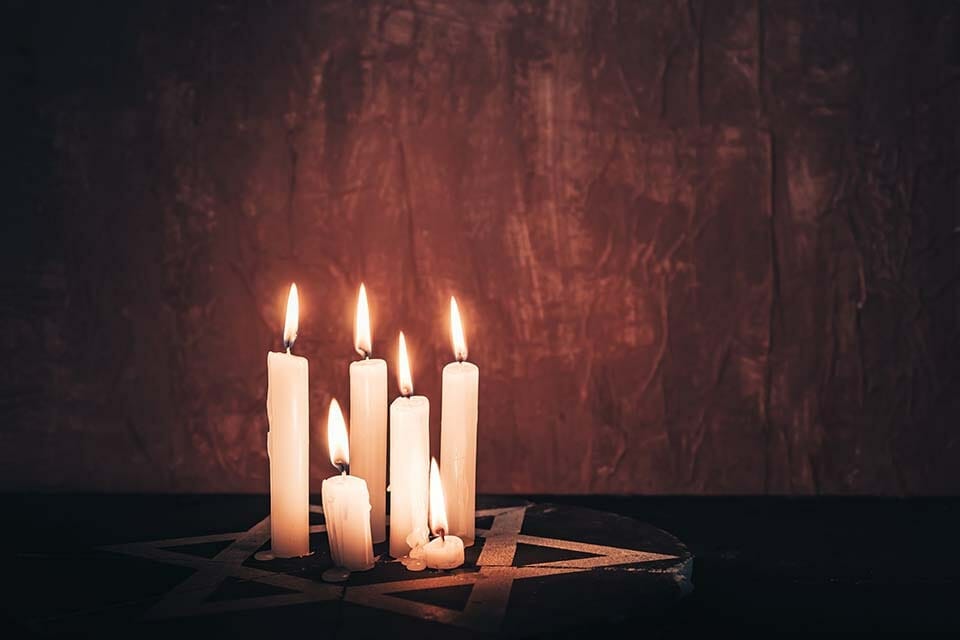
There are many types of fire, but only one kind of flame – the bright light produced by a candle, match, or any other light source when burning something like wood or fabric.
3. Causes of fire and flame
Burning and glowing are caused by different processes. Fire occurs when something burns, while the flame is a phenomenon that appears when something burns.
4. Color of fire and flame
The color is another difference between fire and flame. Fire has infinite colors depending on the fuel burned to produce heat energy. In contrast, flames have completely different colors, including blue flames that are hard to obtain with wood or paper burning but occur in acetylene or natural gas flames.
5. Temperature of fire and flame
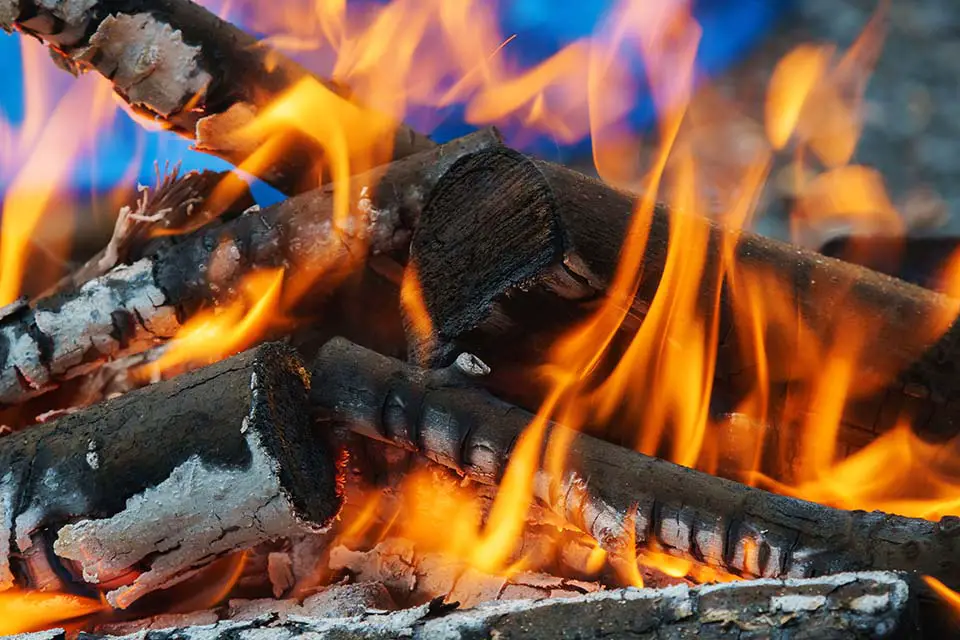
Fire burns at very high temperatures, often reaching as high as 1,000°C. Flame produces enough heat to cause a burn wound but also cools down quickly and consequently is not usually hot enough to cause injuries to delicate human skin. The intensity of the heat in fires is usually greater than that seen in flames.
6. Outcomes of fire and flame
Fire does not produce predictable results like flames, which can be controlled by the type and the amount of fuel used for ignition. For example, when a candle is burning, the flame can burn as long as the fuel (wax) is available to continue the production of heat.
7. Difference in ignition sources
To start a fire, you need burned fuel. This will trigger the production of heat and a flame. The flame needs a very small amount of fuel for ignition, but it can burn in space without any additional fuel.
8. Morphology of fire and flame
Fire can be formed in a small amount of liquid or solid fuel, usually a flammable substance. A flame is more morphological in the form of a large column created when something burns.
9. Heat produced by fire and flame
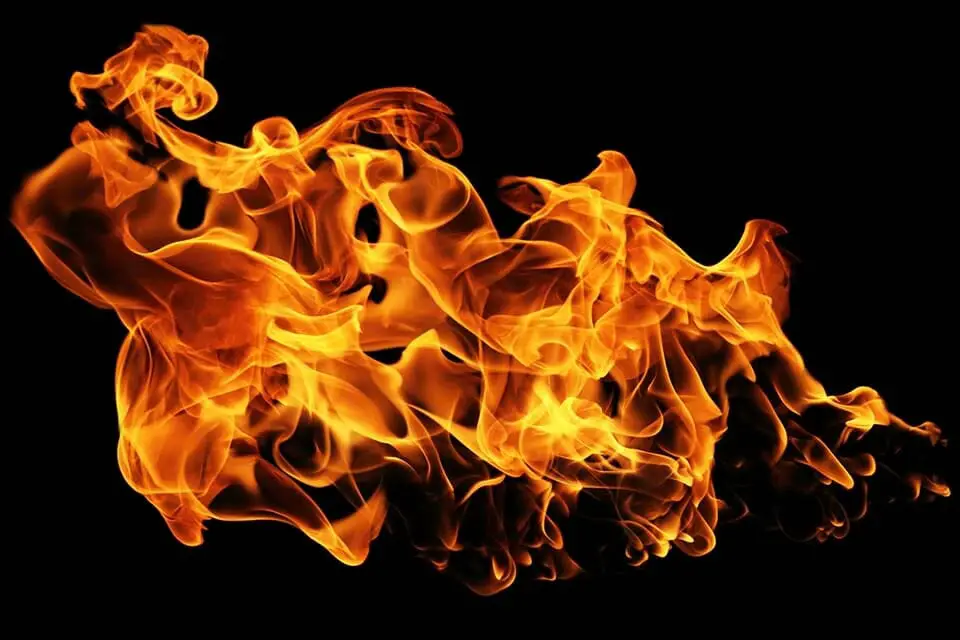
Fire produces a huge amount of heat that can be enough to destroy an entire forest, while flames cannot produce such heat. The flame is just a phenomenon of light being created when something burns.
10. Placement and use
Fire and flame differ in placement and usage. The fire can be placed anywhere, like a fireplace or barbecue grill, whereas the flame is usually placed on top of something that has already been burning (like candles).
11. Use of fire and flame
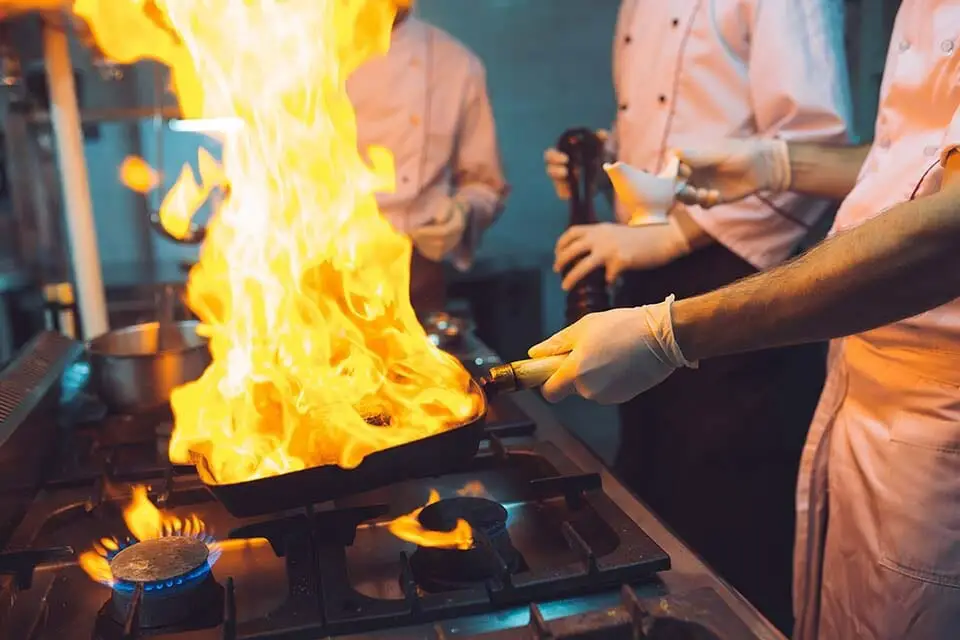
Fire is used for many purposes, mostly for cooking, because it does not produce smoke after being ignited. It is also used for burning logs or coal in fireplaces or pits.
Conclusion
So, while fire and flame are related, they are not the same thing. The difference between them is clear. A fire needs a fuel source to continue burning, while flames do not.
Flames are hot because of the gases that make them up, while fire is hot because of the chemical reaction that is taking place. You can have a fire without a flame, but you cannot have a flame without a fire.
